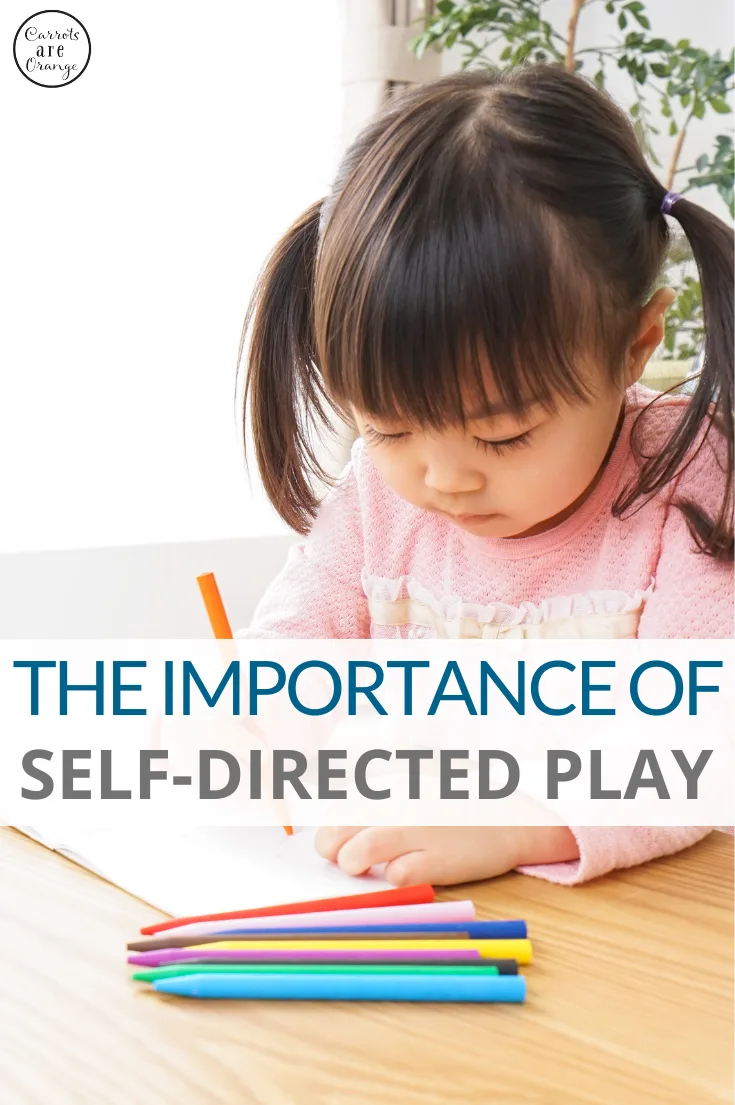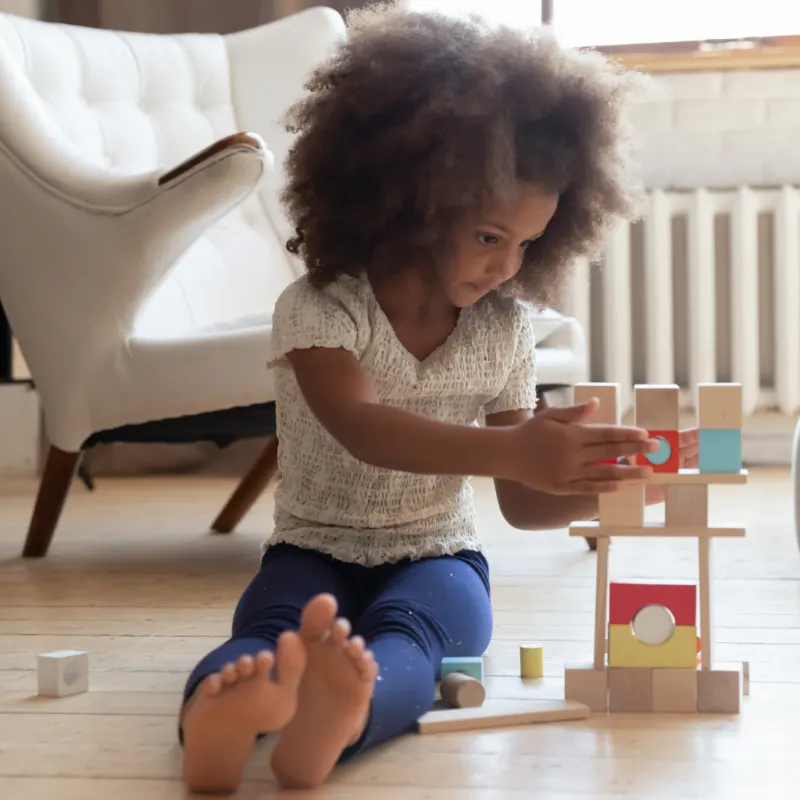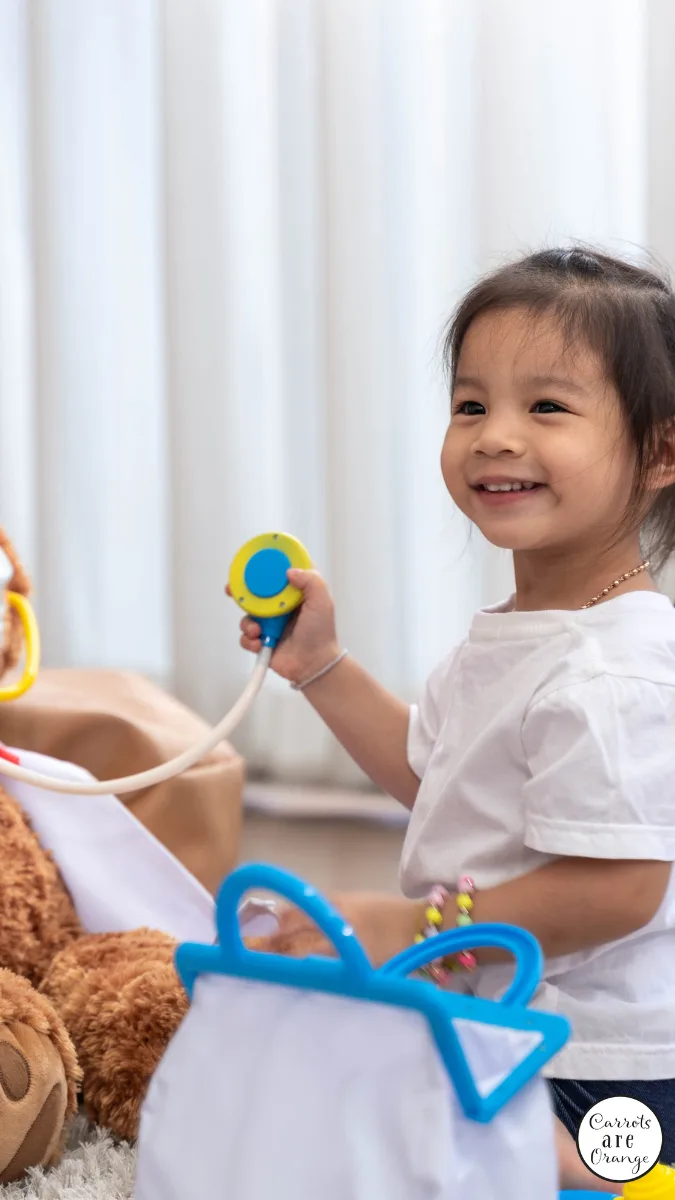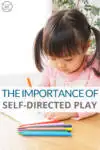As parents, we want our children to be successful in every way possible. We sign them up for music lessons and soccer camps, insisting that if they just keep practicing and working hard, they will be the best at everything they do.
But what about when it comes to playtime?
Are we as quick to let them explore and find their own interests?
It turns out that self-directed play is an important part of child development – and when a child is engaged in self-directed play, he is developing key skills.
What are the characteristics of self-directed play?
Self-Directed Play is a type of learning that occurs when children are allowed to explore their own interests and ideas without being told what they should be doing.
These learners typically have an idea about the material, but not all aspects or details. Not having all the information helps them learn by doing instead because it gives more agency over how one approaches something in general (ease).

Why Self-Directed Play is Important
Children have a natural, powerful inclination to play and, wherever they might be, will find a way to fulfill this urge with whatever might be at hand. They’re too young to know that following this instinct gives them the opportunity to develop vital life skills.
As a parent, it’s possible to feel you’re being judged as a failure if you’re not playing with your child every available minute. There’s a reason you shouldn’t feel guilty – self-directed play, where you allow your child the opportunity to decide what and how she’s going to play, is as essential as cooperative play.

Why You Should Let Your Child Amuse Herself
Giving a child the freedom to choose her own activity and play without your guidance means she’s not limited by the views of others. She can explore and develop her ideas in the light of her own experiences whilst having the freedom and control to change the rules at will.
This improves her response to the changing environment around her, develops her imagination, and lets her explore not only her own limits but those of the world around her. It gives her a sense of ownership and responsibility that will stand her in good stead later.
How do you encourage self-directed play?
There are some simple ways to support your child’s self-directed play. You can give her the space, time, and toys, such as loose parts or a basket full of pretend play clothes and items, or equipment to play. If she’s uncertain, self-conscious, or overwhelmed by the choices, you can give her a prompt to get started.

It’s important to let her play without interruption, only stepping in if there’s a safety issue, so it’s a good idea to set some simple ground rules. Working with her preferences, and respecting the fact that she’s in charge, means it’s less likely she’ll be limited by stereotypes and makes her play world larger.
Is Too Much Self-Directed Play a Bad Thing?
Self-directed play is one of many types of play. It’s important that your child has time to play alone but you should also ensure she has time to play with others; there are some skills such as building relationships with peers, communicating, negotiating and influencing, and conflict management that are best learned in social situations.
Too much solitary time can also leave a child feeling abandoned or excluded which can affect her confidence and self-esteem.
It’s easy to see how playing with others can help your child develop. However, while it may be harder to identify the advantages, you shouldn’t underestimate how much self-directed play can prepare your child for life as an adult.

